

Made to measure
Enzyme’s ‘molecular scissors’ cut out fatal blood clot risk when injury strikes
New research highlights how an essential enzyme works to prevent dangerous clots when blood vessels are damaged.



Enzyme’s ‘molecular scissors’ cut out fatal blood clot risk when injury strikes
New research highlights how an essential enzyme works to prevent dangerous clots when blood vessels are damaged.
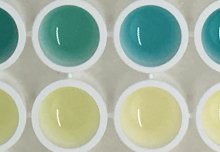

Colour-change urine test for cancer shows potential in mouse study
A simple and sensitive urine test developed by Imperial and MIT engineers has produced a colour change in urine to signal growing tumours in mice.
 1
1


Could Carbon Storage and Usage help the UK reduce its emissions?
The UK has committed to be carbon neutral by 2050, however fossil fuels will remain important to the economy for some time.
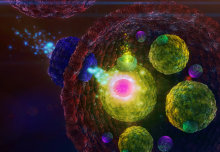

Researchers build artificial cells that sense and respond to their environment
Imperial College London scientists have created artificial cells that mimic biological cells by responding to a chemical change in their surroundings.


Food freshness sensors could replace ‘use-by’ dates to cut food waste
Imperial academics have developed low-cost, smartphone-linked, eco-friendly spoilage sensors for meat and fish packaging.
 3
3
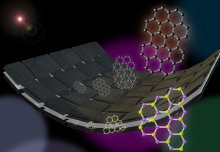

Washable, wearable battery-like devices could be woven directly into clothes
Researchers have developed washable, wearable ‘batteries’ based on cheap, safe and environmentally friendly inks and woven directly into fabrics.


Nano-electrochemistry: theory meets experiment
The latest Lunchtime Seminar from the Institute for Molecular Science and Engineering looked at utilising light to analyse and control biology.
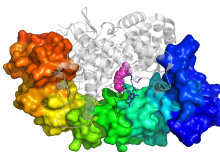

Chemical probes pave the way for a better understanding of disease development
Researchers can now tag proteins in live cells that have modifications associated with disease.


Feature
The story of chemistry comes to life as Imperial celebrates ChemFest
Imperial marked the 150th year of the periodic table with an explosive lecture, an inspiring history lesson and a peek at the future of chemistry.
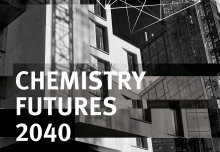

Discover how a chemistry revolution could transform the world of 2040
Chemistry experts from academia and industry will offer visions of 2040 on Friday at an all-day event in the Molecular Sciences Research Hub (MSRH).